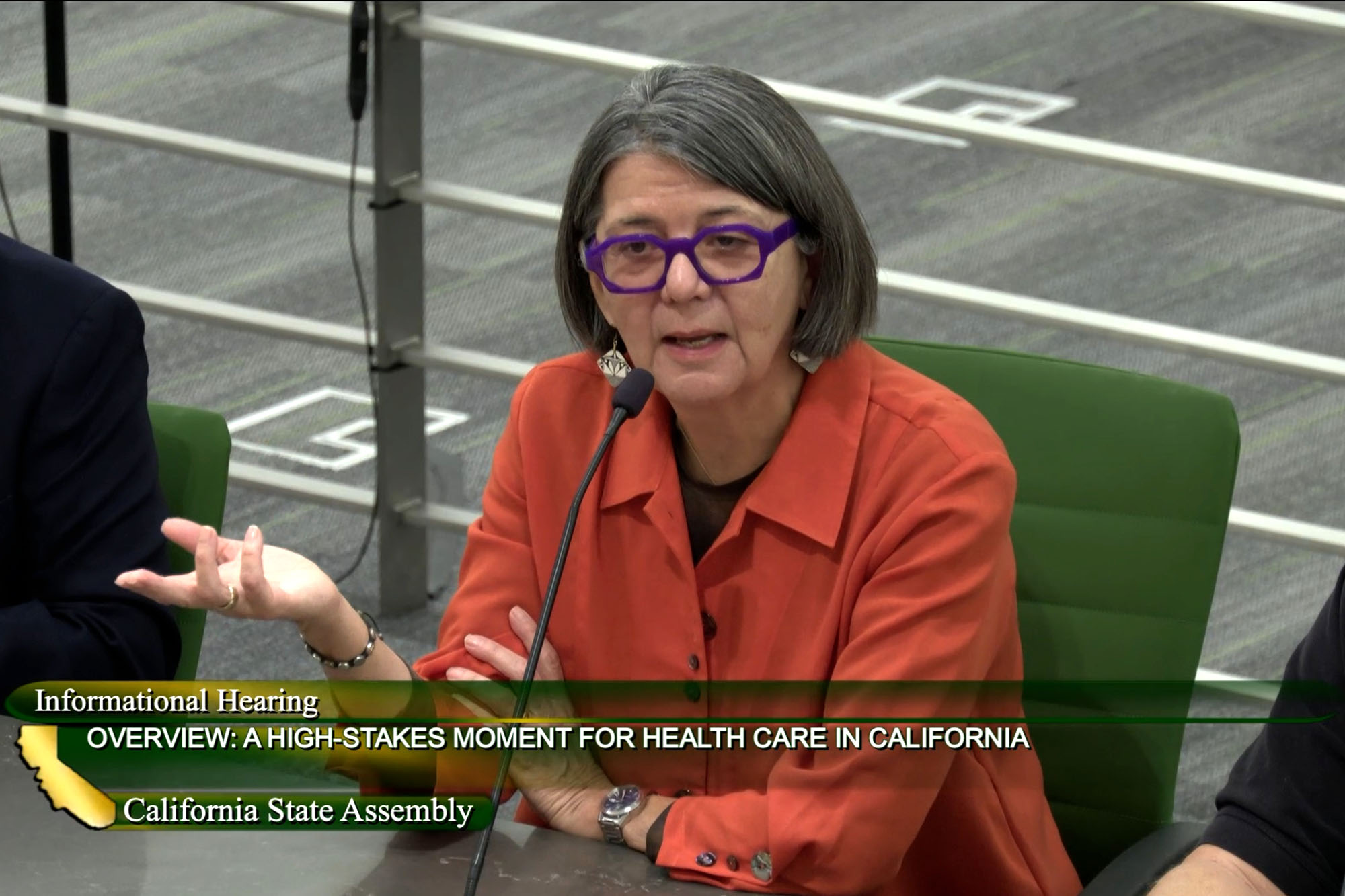View the Report
Jump to All Downloads & LinksThe federal tax law of 2017 will eliminate, beginning in 2019, financial penalties imposed on individuals who do not maintain creditable coverage as defined under the Affordable Care Act. This paper is a concise overview of the following:
- How ACA provisions encouraged enrollment in health coverage. The penalty for not carrying creditable coverage was one of many provisions in the ACA that encouraged enrollment, including guaranteed issue, premium subsidies on Covered California, and the expansion of Medi-Cal.
- What will penalty elimination mean for California? Analyses, such as those from the Congressional Budget Office, RAND, and others, have projected reduced enrollment and premium increases resulting from the elimination of the individual penalty. A survey led by John Hsu of Harvard Medical School found that 18% of those buying insurance on Covered California in 2018 would not have bought insurance if the penalty had not been in place.
- Why should California take action? California’s policy leaders, seeking to sustain coverage gains made under the ACA, may wish to impose state-level penalties. Individual market premiums would be more stable and lower than if penalties were abandoned without replacement. The paper outlines implementation considerations for a state-based penalty.
Authors & Contributors

Marian Mulkey
Marian Mulkey was chief learning officer at the foundation. From 2010 until 2014, she served as director of the foundation’s Health Reform and Public Programs Initiative, where she led CHCF’s work to analyze the Affordable Care Act and inform public and private stakeholders and the public on ways to implement the law that would improve and expand coverage.
Marian previously worked as senior program officer in the foundation’s Market and Policy Monitor program, where she led work to monitor California’s health insurance markets. Prior to joining CHCF, she worked as an independent health policy consultant and at Kaiser Foundation Health Plan, where her responsibilities included pricing, utilization data reporting, and policy development.
Marian received a master’s degrees in public policy and public health from the University of California, Berkeley, and a bachelor’s degree in biology and economics from Reed College in Portland, Oregon.





